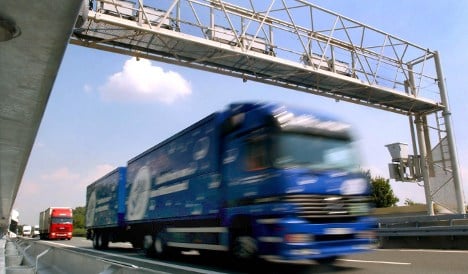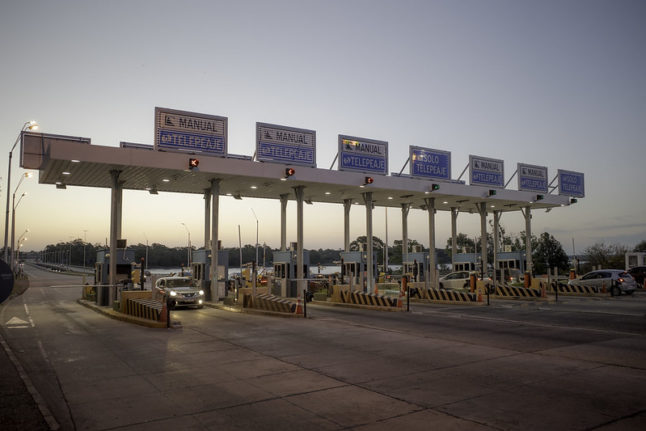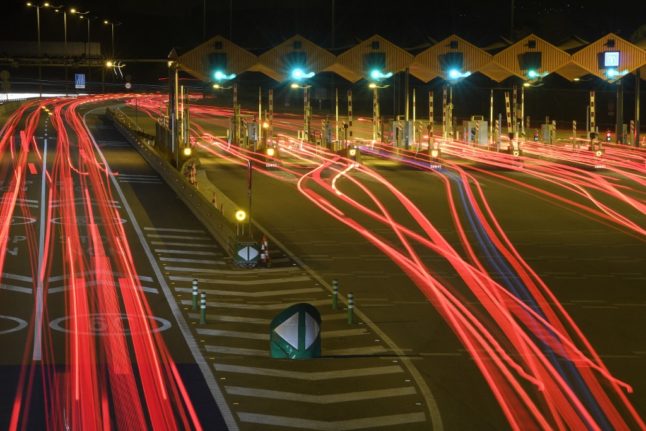The two blue-chip firms formed the road toll company Toll Collect, winning the contract to establish and run the controversial motorway billing scheme, set to start at the end of August 2003.
Technical problems meant nothing was collected until the start of January 2005, resulting in what the government has calculated as a €5.1 billion liability from loss of revenue and lateness penalties.
Toll Collect and the government have been before an arbitration panel of three judges, which according to the Financial Times Deutschland on Monday, has told the firms they will not be able to maintain their position of refusing to pay anything or admit any liability.
They have until now denied having any responsibility for the late start of the truck toll system, and have said they were not prepared to pay anything in compensation.
Insiders to the procedure have told the paper that Daimler and Telekom are pursuing a delaying tactic to avoid any financial burden for as long as possible – even though they risk paying nine percent interest a year on monies determined to be owed.
And despite the enormous sums being discussed, they have not built any compensation payments into their company financial plans, the FTD reported – such a move would be a form of admission of culpability. This means that should they strike a deal with the government or be told they have to pay the full amount demanded, the money would have to come from their profits.
The arbitration panel, chaired by the former president of the Federal Court of Justice, Günter Hirsch, has been sitting for seven years. Those involved expect a ruling to be issued in the coming months on how the panel expects the argument to be settled, with the most likely scenario seen as being an agreement between the parties rather than a verdict.
Yet Daimler and Telekom argue that there the original Toll Collect contract included a clause on limited liability, while the system they introduced was risky due to the technical innovation it involved. Yet those on the government’s side have argued that the firms had no ‘functioning risk management’ system in place, which could be regarded as gross professional misconduct and could overrule any liability limitation clause.
The Local/hc




 Please whitelist us to continue reading.
Please whitelist us to continue reading.
Member comments